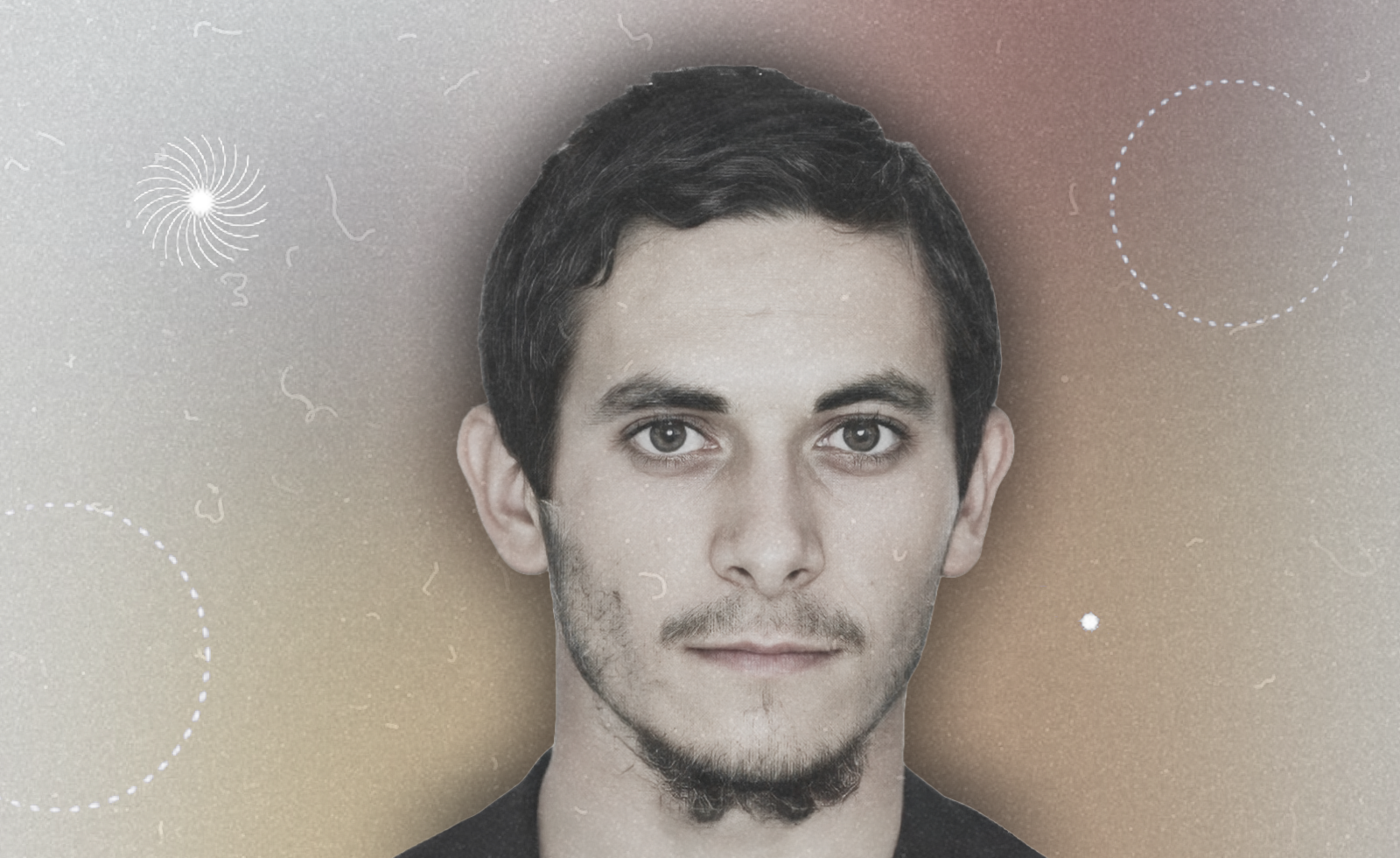Idris Arsamikov

Idris was detained in Chechnya in 2017 on suspicion of being gay. The police tortured him to force a confession. He was later released but warned that they would come for him again. Idris immediately began planning his escape and reached out to human rights organizations for help.
In January 2018, with our assistance, he fled the country and moved to the Netherlands. By 2019, he had been granted political asylum and resident status.
In 2022, Idris returned to Chechnya for his father’s funeral. Under asylum rules, refugees are generally prohibited from returning to the country they fled, but exceptions can be made in cases like the death of a close relative. Idris obtained official permission to leave the Netherlands, return to Russia, and then leave again.
Returning to Chechnya was risky, but for many people from the North Caucasus, family holds deep significance. Some of our other defendants have also returned home for family funerals. While this has sometimes led to repeated detentions, they have usually managed to leave the country again.
March 2022, when Idris returned to Russia, proved to be an especially dangerous time. Russia’s invasion of Ukraine had worsened the situation for LGBTQ+ people in Chechnya and made it even more difficult to obtain necessary documents and leave the region.
Leaving Chechnya a second time was far more challenging. Idris was already on the security forces’ radar, and they began pursuing him again. He was detained and tortured three times but was released each time. His travel permit, issued by the Dutch authorities, was confiscated, and he encountered difficulties obtaining an international passport to be able to travel. After the third detention, he decided to fly from Grozny to Moscow.
In February 2023, Idris contacted us. We were unaware that he had returned to Russia. Due to the loss of crucial documents, we could not guarantee his return to the Netherlands. He bought his own ticket for a flight from Chechnya to Moscow, but on February 15, he was detained at Domodedovo Airport on a Chechen order.
The officers holding Idris informed him that their colleagues from Chechnya were on their way to collect him. We immediately sent a lawyer, but he was not allowed a private conversation—only through the bars of his cell and in the presence of a police officer. Idris was in a state of shock and terrified of being sent back to Chechnya, which led to a panic attack.
Since his persecution began in 2017, the only accusation against Idris had been his homosexuality. Now, they are attempting to fabricate a case against him for large-scale fraud, a charge often used against people out of favor with the authorities. However, Idris was not even in Russia in 2021 when the alleged crime took place.
The Chechen operative who arrived took Idris away without explanation and without presenting any documents to the Domodedovo police.
On February 17, our lawyers traveled to Chechnya and went to the local department of the Ministry of Internal Affairs, where Idris was believed to be held. They were denied entry and given no information about his whereabouts. The lawyers filed a complaint with the Investigative Committee, requesting an investigation into the police’s actions, as well as additional complaints with the Chechen Ministry of Internal Affairs and the local District Court.
That evening, following widespread public outcry, a video of Idris appeared online. The video, presumably recorded under pressure from security forces, showed Idris at home, surrounded by his mother and uncle, who we know has ties to the security forces. Idris called reports of his persecution false, claimed that his rights were respected in Chechnya, and asked to be left alone.
We suspect that Idris was released on the condition that he record this video to reduce public pressure.
We assisted in Idris’s evacuation in 2018 and helped him obtain asylum. After his return and his renewed request for our help, we have continued to support him.